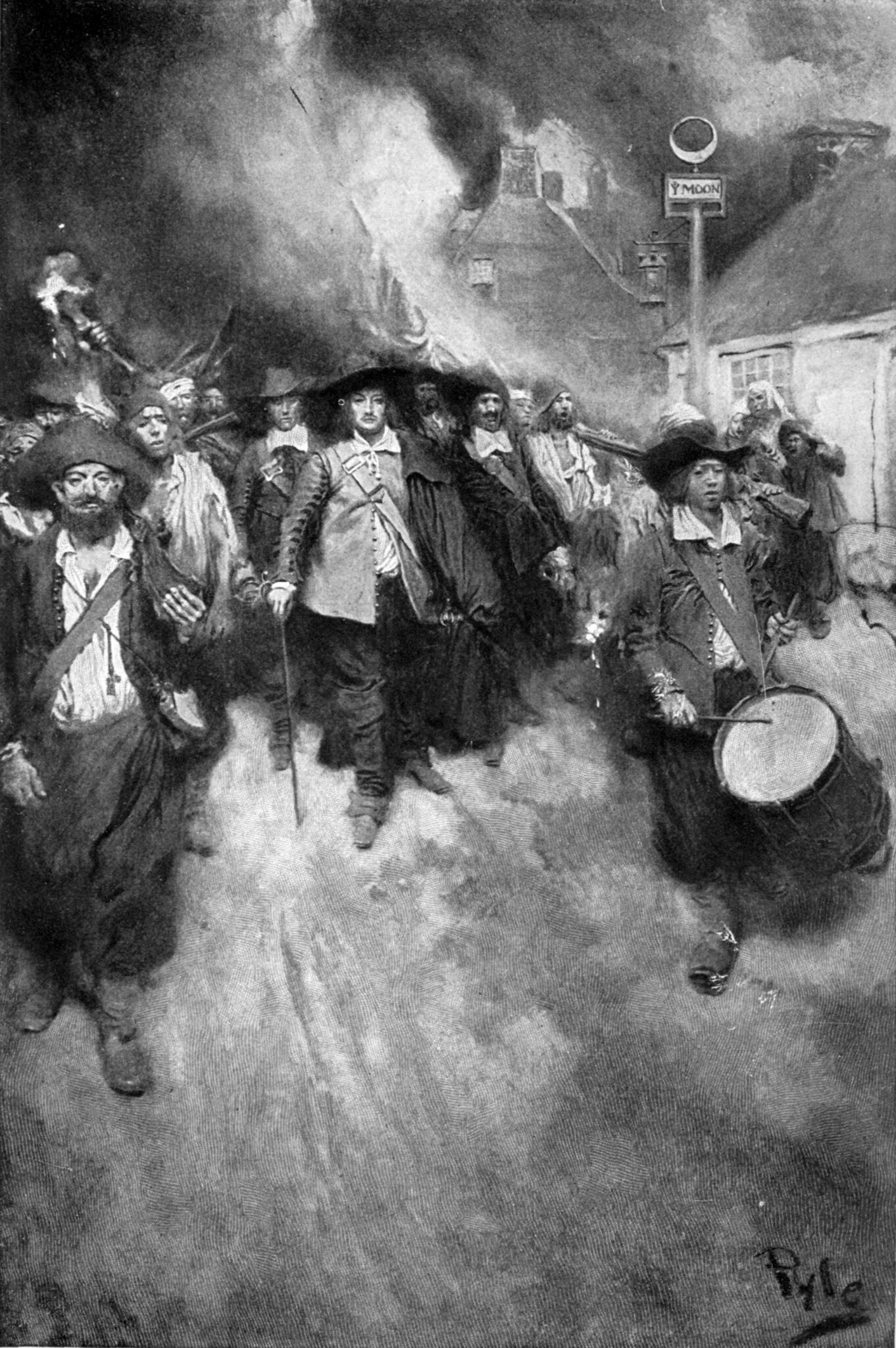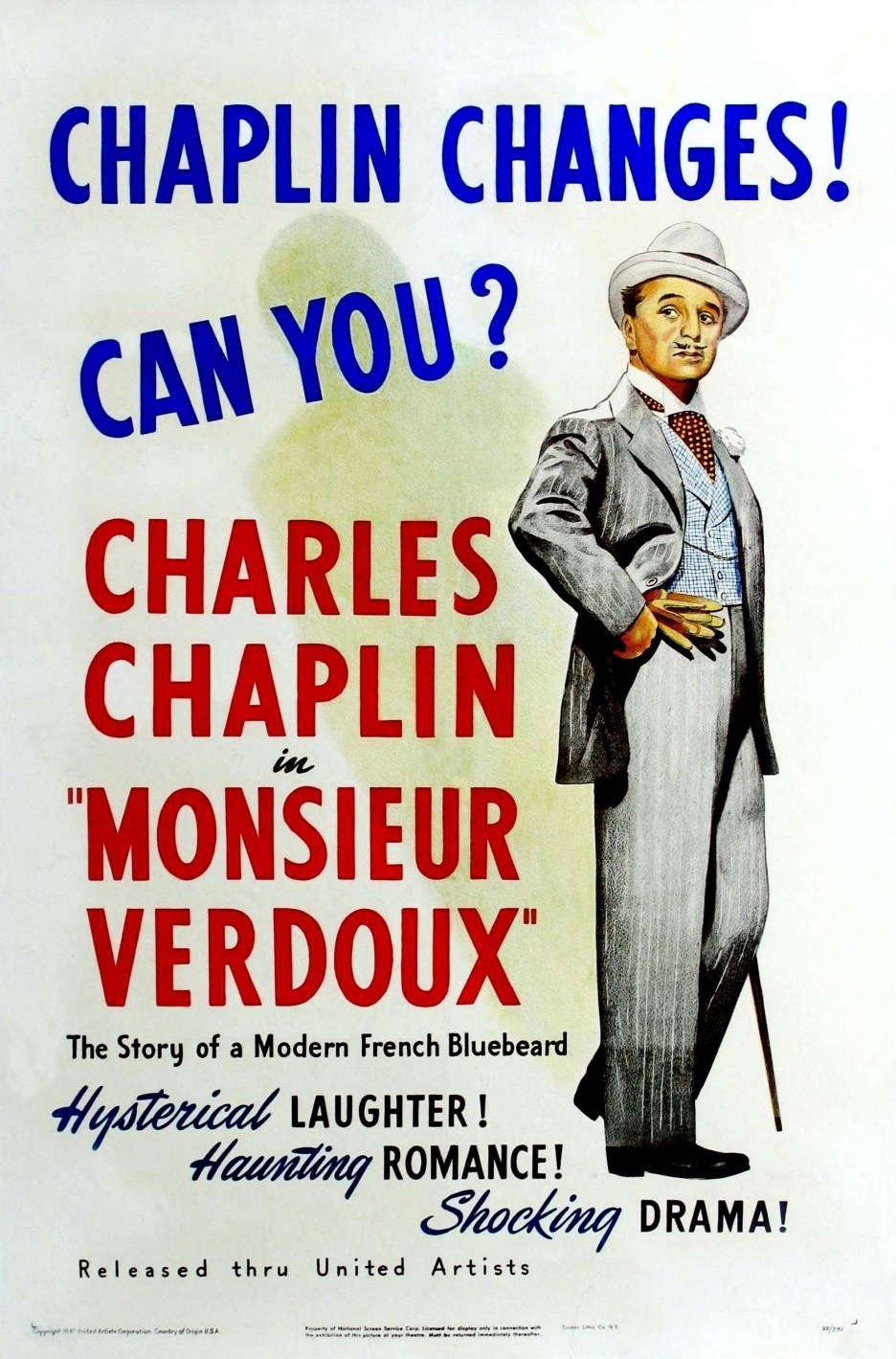
Today in Labor History September 19, 1676: Rebels burned Jamestown to the ground during Bacon’s Rebellion. This armed insurrection against the rule of Governor William Berkeley was the first the first class uprising in North America. It was also one of the driving forces for the creation of racial identities. During the uprising, thousands of indentured whites united with free and enslaved blacks. They demanded rights and privileges they were being denied. They took up arms and drove Berkeley from Jamestown. The unification of poor blacks and whites scared the hell out of the ruling class. Consequently, they realized they needed to sow divisions between the poor. They wanted them fighting among each other rather than unify against the rich. This led to a hardening of the color lines and the development of the ideas of race and racial superiority.
1800s
Today in Labor History September 19, 1892: Alexander Berkman was convicted for attempting to assassinate Henry Frick and was sentenced to 22 years in prison. Berkman tried to kill Frick in retaliation for Frick’s role in suppressing the Homestead strike and massacring workers.
Today in Labor History September 19, 1893: The Electoral Act of 1893 passed in New Zealand, giving all women in New Zealand the right to vote.
1910s
Today in Labor History September 19, 1911: British writer William Golding was born. He is most famous for his novel, Lord of the Flies. He won the Nobel Prize for literature.
1950s

Today in Labor History September 19, 1952: The United States barred Charlie Chaplin from re-entering the country after a trip to England. In 1947, his black comedy, Monsieur Verdoux, was released. In the film, he criticized capitalism and its reliance on wars and weapons of mass destruction. The FBI launched a formal investigation of him 1947, after public accusations that he was a communist. Chaplin denied the charges, He called himself a “peace monger.” Nevertheless, he protested the HUAC hearings and the U.S. trials of Communist Party members. Representative John Rankin called Chaplin’s presence in Hollywood “detrimental to the moral fabric of America.” Writer George Orwell gave a list of communists to British intelligence before he died in 1949. The list included Chaplin and Michael Redgrave, as well as Paul Robeson, Katherine Hepburn, John Steinbeck and Orson Welles.
1980s
Today in Labor History September 19, 1981: Over 400,000 union members marched in the first Solidarity Day demonstration in Washington, D.C., to protest Reagan’s firing of striking PATCO air traffic controllers.
